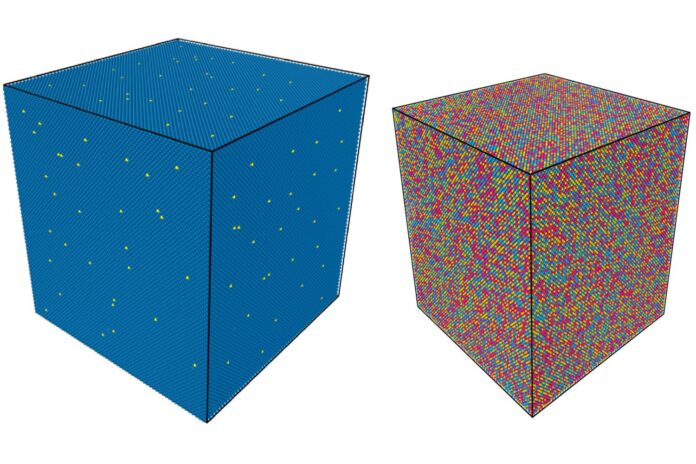In Short:
Ductal carcinoma in situ (DCIS) is a precancerous breast condition accounting for 25% of diagnoses.To avoid overtreatment, an AI model was developed by MIT and ETH Zurich to identify stages of DCIS from an affordable and easy to obtain breast tissue image.Model considers cell state and arrangement to determine cancer stage with high accuracy. The technique shows promise and could be used to simplify diagnosis in the clinic.
AI Model Developed to Identify Different Stages of DCIS
Ductal carcinoma in situ (DCIS) is a type of preinvasive tumor that can progress to a highly deadly form of breast cancer, accounting for about 25 percent of all breast cancer diagnoses. Clinicians often have difficulty determining the type and stage of DCIS, leading to overtreatment of patients. To address this issue, a team of researchers from MIT and ETH Zurich collaborated to develop an AI model capable of identifying the various stages of DCIS from a cost-effective and easily obtainable breast tissue image.
Building a Comprehensive Dataset
The researchers leveraged easily obtainable tissue images to create one of the largest datasets of its kind, which was used to train and test their AI model. Their model focuses on both the state and arrangement of cells in a tissue sample, emphasizing the importance of spatial organization when determining the stage of DCIS.
By comparing the model’s predictions with conclusions drawn by pathologists, the researchers found clear agreement in many instances. This AI model has the potential to assist clinicians in streamlining the diagnosis of simpler DCIS cases without the need for labor-intensive tests, allowing them more time to evaluate cases where the progression to invasive cancer is less certain.
Implications for Clinical Use
Caroline Uhler, a professor involved in the study, emphasized the need for further prospective studies to validate the model’s effectiveness in a clinical setting. The research, published in Nature Communications, highlights the potential of combining AI with imaging techniques to improve cancer diagnosis.
Consideration of Cell Organization
The researchers also found that the organization of cells plays a crucial role in cancer progression. By incorporating the proportion and arrangement of cell states into their AI model’s design, they significantly enhanced its accuracy. This insight could be applied to other types of cancer and neurodegenerative conditions, expanding the model’s potential applications.
The study was funded by various institutions, including the Eric and Wendy Schmidt Center at the Broad Institute, ETH Zurich, and the Swiss National Science Foundation, among others.





